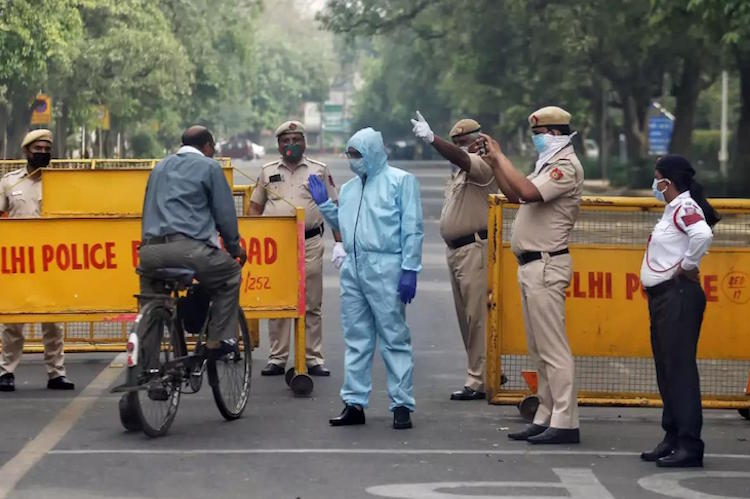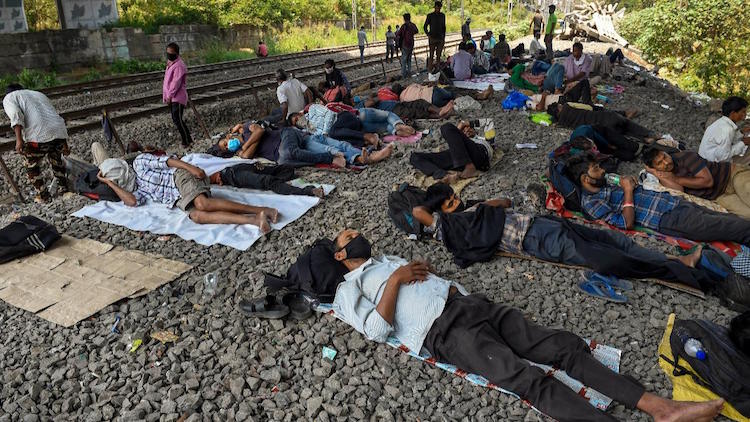Lockdown Roadmap: The Way Ahead

The Government of India ordered a nationwide lockdown on March 24 with an appeal to 1.34 billion people to stay indoors and observe social distancing norms to fight the COVID-19 Pandemic. The Government took detailed, deliberate and calibrated steps to impose this preventive measure. Pandemics like this have shaken the world since time immemorial, if we peep into history, 2020 is not the worst year to live in. These included a mystery of fog covering Europe , Asia and West Asia due to Icelandic volcanoes leaving these places in darkness for 18 months and economic stagnation till 640 AD, the year 1349 , when the Black Death hit Europe killing 20 million and 1918 when the Spanish flu killed 100 million people.
The Centre took prompt action not only in the country but with neighbors, but slipped on certain aspects for masses. The Government should address the following aspects immediately: Firstly, the authorities should act as enablers rather than impediments in executing the policies, advisories and guidelines of administration. The work accountability of Government officers be fixed, measured and evaluated on the scales of presence and effectiveness. Lackadaisical attitude should be punished and should be a lesson for posterity that democracy still stands for the people. Error of judgment should be pardoned, but error of intent punished.


The Centre took prompt action not only in the country but with neighbors, but slipped on certain aspects for masses. The Government should address the following aspects immediately: Firstly, the authorities should act as enablers rather than impediments in executing the policies, advisories and guidelines of administration. The work accountability of Government officers be fixed, measured and evaluated on the scales of presence and effectiveness. Lackadaisical attitude should be punished and should be a lesson for posterity that democracy still stands for the people. Error of judgment should be pardoned, but error of intent punished.



Latest Videos
















